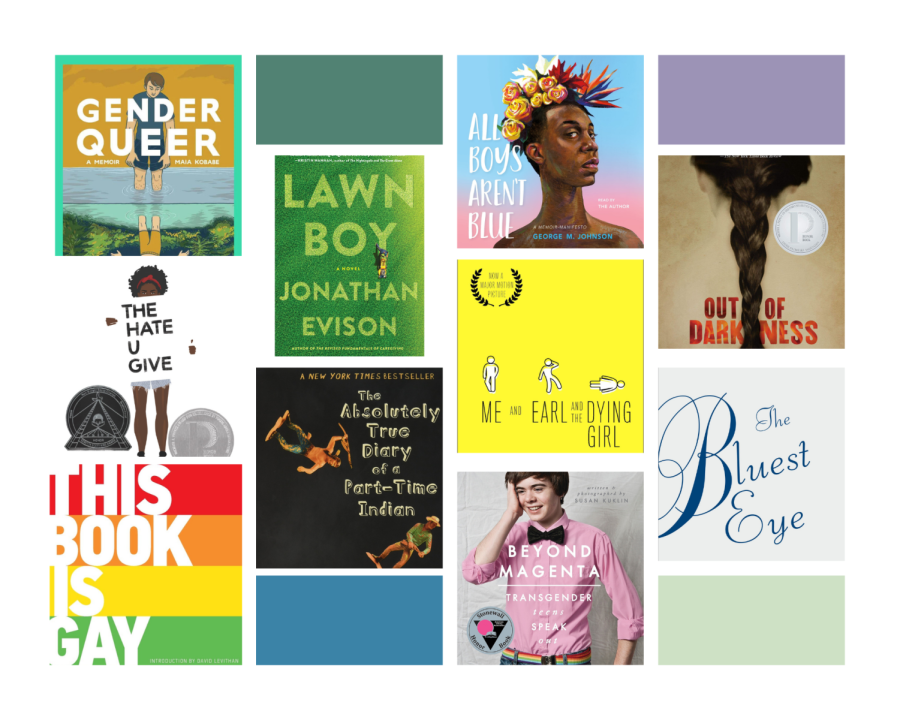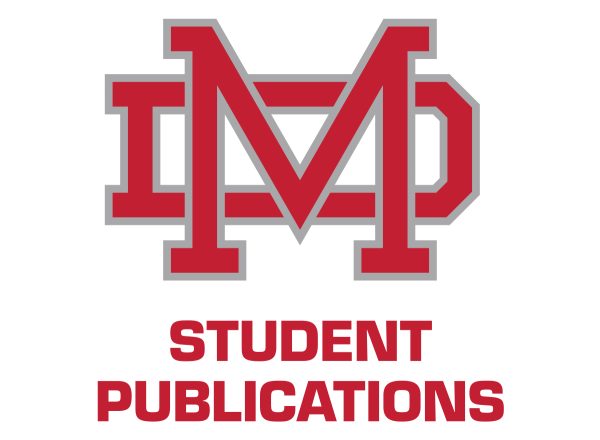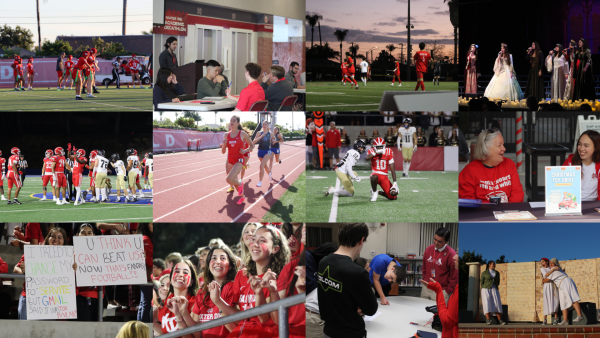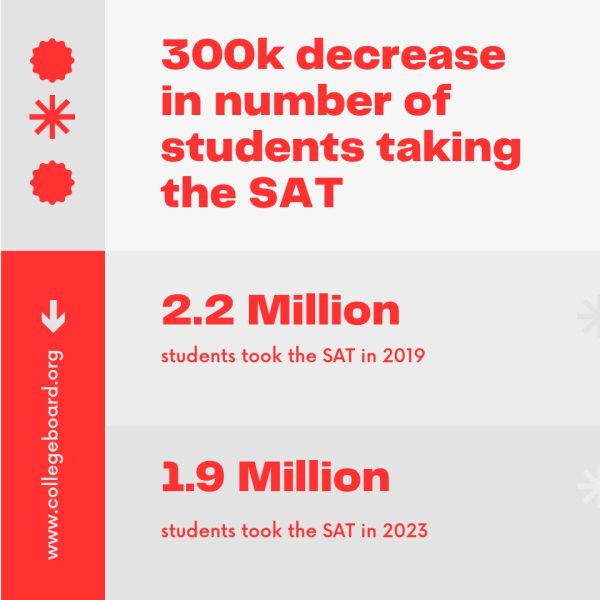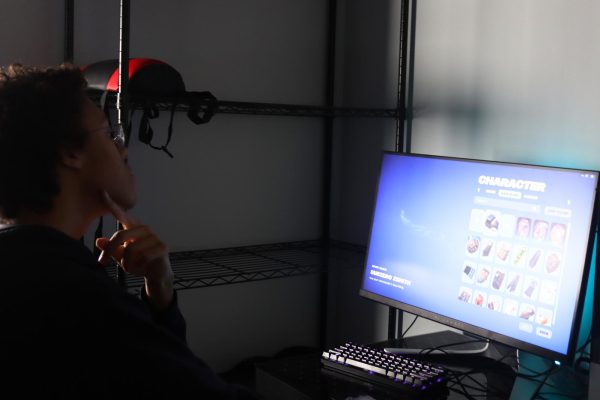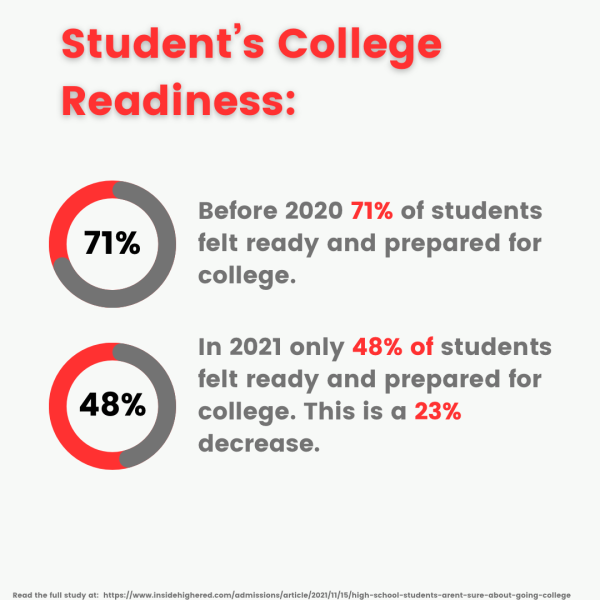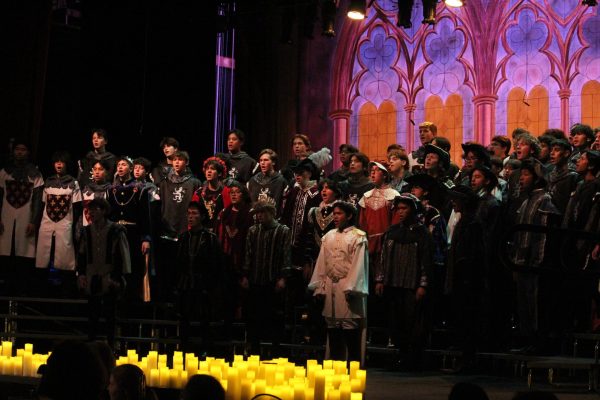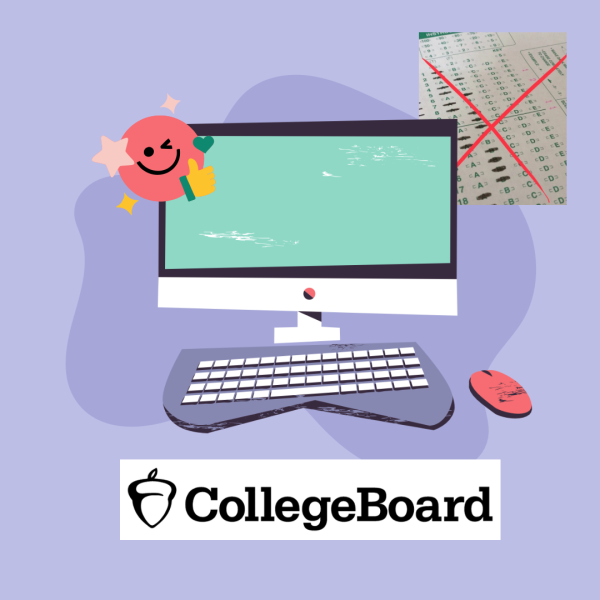Book bans affect schools across the nation
Accepting the Challenge According to the American Library Association (ALA), the books above are the 10 most challenged books as of 2021. While the reasons for these challenges vary, among most common are issues of sexuality and gender identity or sexually explicit content. The ALA continues to promote these books and provide a platform for them to be read and appreciated by larger audiences. “The American Library Association promotes the freedom to choose or the freedom to express one’s opinions even if that opinion might be considered unorthodox or unpopular, and stresses the importance of ensuring the availability of those viewpoints to all who wish to read them.” ALA said.
Literature has long been a way for people to express their ideas and convey their viewpoints to vast audiences. Protected under the first amendment, authors have the right and ability to write about anything that they choose and publish that writing for the public to read. However, for as long as that has been true, there has also been opposition to that idea.
This January, a Tennessee school board made the decision to ban Art Spiegelman’s Pulitzer-prize winning book Maus from being taught in their classrooms. The graphic novel tells the story of Spiegelman’s parents’ experiences in the Holocaust, using mice to depict the Jewish people and cats to depict the Nazis. The school board initially cited the book for “inappropriate curse words and a depiction of a naked character” and “depiction of violence and suicide” as reasons for the ban.
Maus isn’t the only book to be challenged by school boards in recent years. School boards and legislatures in states like Wyoming, Virginia, Oklahoma, Texas, and Florida have begun to challenge books and argue against them being taught in classrooms or offered in school libraries.
There are several reasons for the banning of these books. Books like Nathaniel Hawthorne’s The Scarlet Letter and Toni Morrison’s Beloved have been challenged or removed altogether for depictions of sexual content. Books like George M. Johnson’s All Boys Aren’t Blue have been challenged for discussing topics like sexuality and gender identity, among other things. Books like Angie Thomas’s The Hate You Give have been challenged for exploring topics surrounding race as well as presumptions about being anti-police. Some have even targeted stories like Harry Potter and The Hunger Games for “promoting witchcraft” or “the occult”.
While these books may have appeared in middle or high school curriculums in previous years, many parents in these states and across the country have expressed concern about the content in them. For the most part, the books listed above, as well as several others, have been banned from being taught in schools and some legislations have even advocated for them being removed from circulation altogether, though they have found very little legal basis to do so.
According to Island Trees School District v. Pico, a 1982 court case, schools cannot ban books from school libraries purely because they disagree with the content in them. However, schools do have the legal precedent to remove books from libraries or the curriculum if they are deemed to be “inappropriate for the children of the school,” making it difficult to deal with the situation from both a legal and parental standpoint.
While a majority of the book bans and challenges have mainly come from the more conservative individuals on the political spectrum, challenges have also come from liberal areas as well. Books like Harper Lee’s To Kill a Mockingbird and John Steinbeck’s Of Mice and Men have been challenged for the usage of racial slurs and depictions of characters of color. The books have since been removed from the curriculum in Washington and certain school districts in California, among other places.
Book bans of all kinds have received pushback, particularly from organizations like the American Library Association who advocate against censorship of any kind. Since the early 1980’s the group has celebrated Banned Books Week. The week, typically occurring in late September, is used to highlight challenged books across the country and “celebrate the freedom to read”.
Even students themselves have taken to protesting the book bans. Youth activist groups such as Voters of Tomorrow actively go against the bans by distributing books like Maus and Beloved to students, citing the importance of opening dialogue and conversation around their stories.
Ultimately, the books that have faced challenges or bans have done so because they, in some way, push the envelope of comfortable societal conventions. While these bans continue to be prevalent throughout the country, opposition to them has been very vocal, especially from students and groups like the American Library Association (ALA).
“Sharing stories important to us means sharing a part of ourselves,” ALA said. “Books reach across boundaries and build connections between readers. Censorship, on the other hand, creates barriers.”
Your donation will support the Student Publications Department at Mater Dei High School. Your contribution will allow us to keep our equipment up to date and cover our annual website hosting costs.




